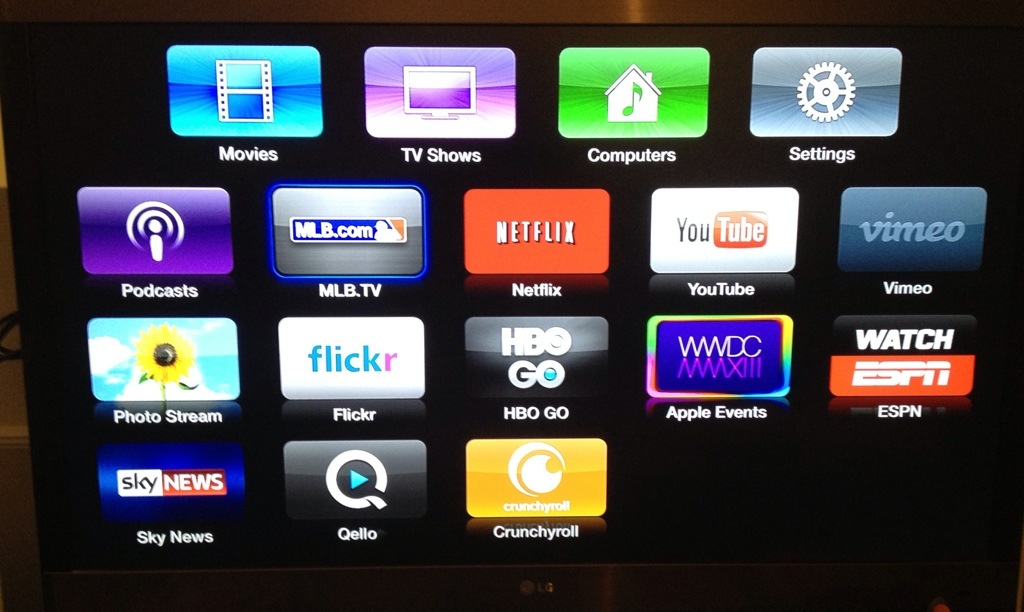Against the background of the revelation of the National Security Agency’s Prism program, spying on the world’s electronic communications, two very different publications in the past few days have illuminated government control, or attempted control, of the online world, one fact, one fiction.
Obviously, after the Guardian disclosures, the world’s media are writing about Prism. The latest issue of “Wired” magazine has an article by James Bamford, who originally exposed the NSA in his 1983 book “The Puzzle Palace”, back when hardly anyone had heard of the Internet and the mission was monitoring signals broadcast through the air.
The Wired article, “The Silent War”, discusses the NSA’s current massive plans for expansion under the leadership of Lieutenant General Keith Alexander, as well the recent cyber-spats between the United States and Iran over the Stuxnet virus and Iran’s retaliation.
It was the extent of the NSA’s reach into the online world that Edward Snowden revealed through the Guardian. Now the US government has called for his return to the United States to faced charges for spying. In a fascinating story the New Yorker comments that the comments made by the NSA seem to be dripping with unintended irony:
At a press conference to discuss the accusations, an N.S.A. spokesman surprised observers by announcing the spying charges against Mr. Snowden with a totally straight face.
“These charges send a clear message,” the spokesman said. “In the United States, you can’t spy on people.”
Seemingly not kidding, the spokesman went on to discuss another charge against Mr. Snowden—the theft of government documents: “The American people have the right to assume that their private documents will remain private and won’t be collected by someone in the government for his own purposes.”
“Only by bringing Mr. Snowden to justice can we safeguard the most precious of American rights: privacy,” added the spokesman, apparently serious.
It was with this in mind that I read “The Enigma of China” the latest mystery by Qiu Xiaolong concerning the Shanghai police inspector Chen, who strives for justice while trying to keep his position in a China filled with corruption and a desire by the party leadership to keep anything unfavorable secret.
It’s ironic that Edward Snowden fled to Hong Kong, which while relatively free is still part of China. Inspector Chen is constantly trying to unravel crimes that his bosses wish would go unpunished.
In earlier books the inspector was baffled by the world of computers. By now he is familiar with e-mail and the Internet, and they play a major role in the story. A high official falls after an overly detailed photo is posted on a web forum, and a “human-fleshed search”, a crowd sourced hunt by Internet users, turns up more dirt.
The book makes no references to the hacking activities of Chinese government or military agencies. But it does explore the extent the Chinese government is able to control freedom of speech online. With the media under government control or censorship, blogs and social media provide an outlet for free expression. The government seeks to stifle dissent there as well, but the picture given in the book is that this control is imperfect.
Much online activity apparently takes place at Internet cafes, but even the imposition of stronger rules there seem to be hard to enforce or often ignored.
Obviously the West is much freer than China in most regards. But, as the Prism revelations make clear, to some extent the NSA goes even farther than the Chinese authorities in monitoring personal communications online.
59.36525318.133161


